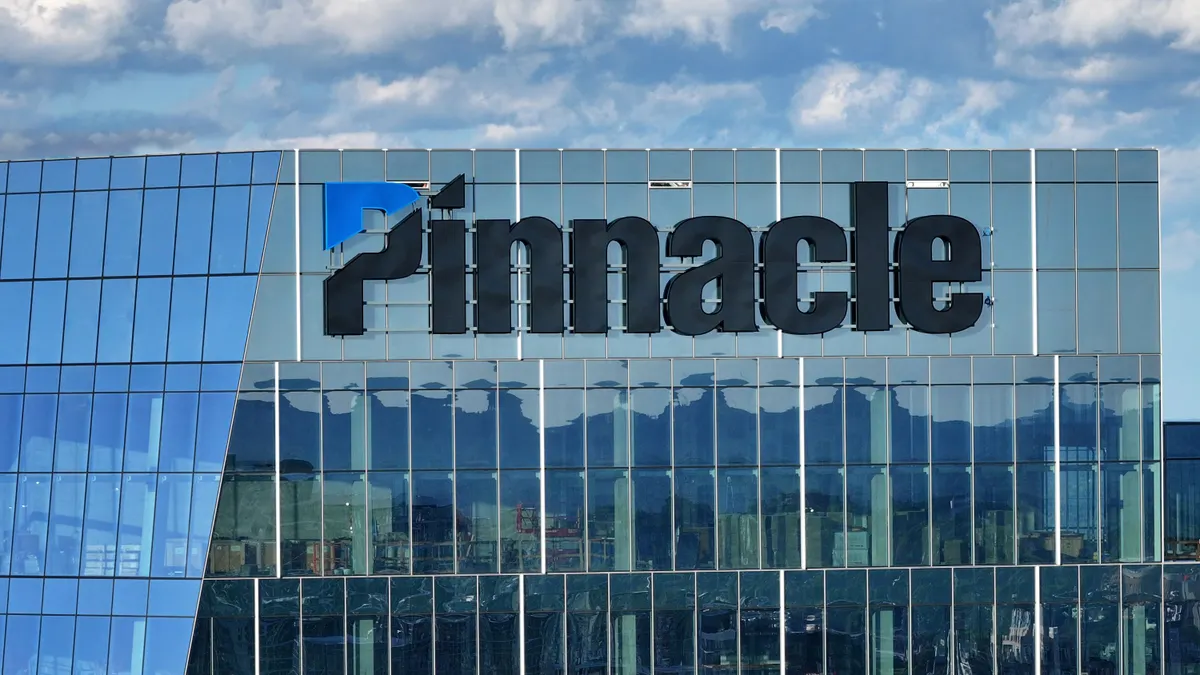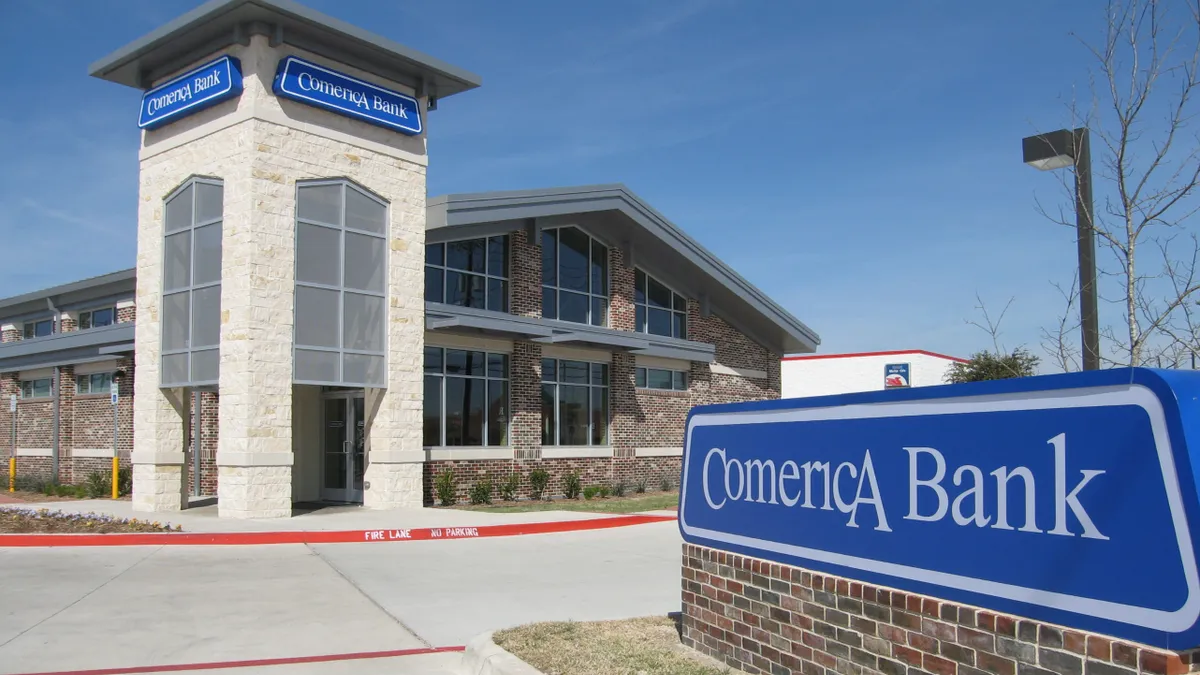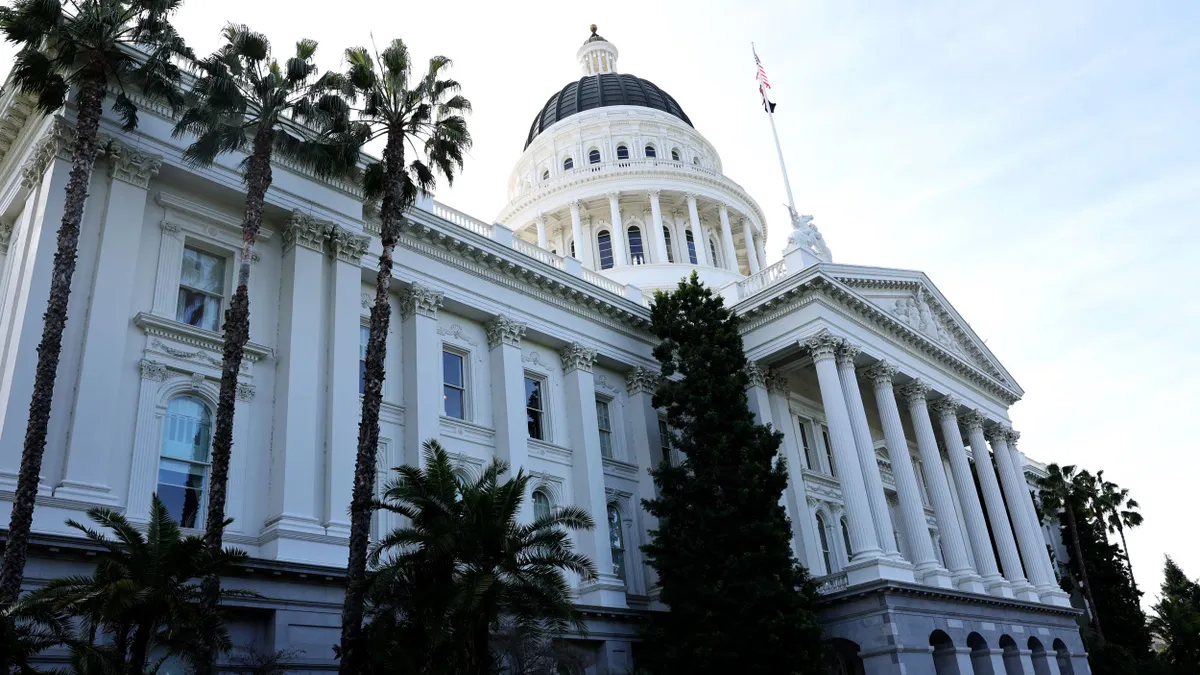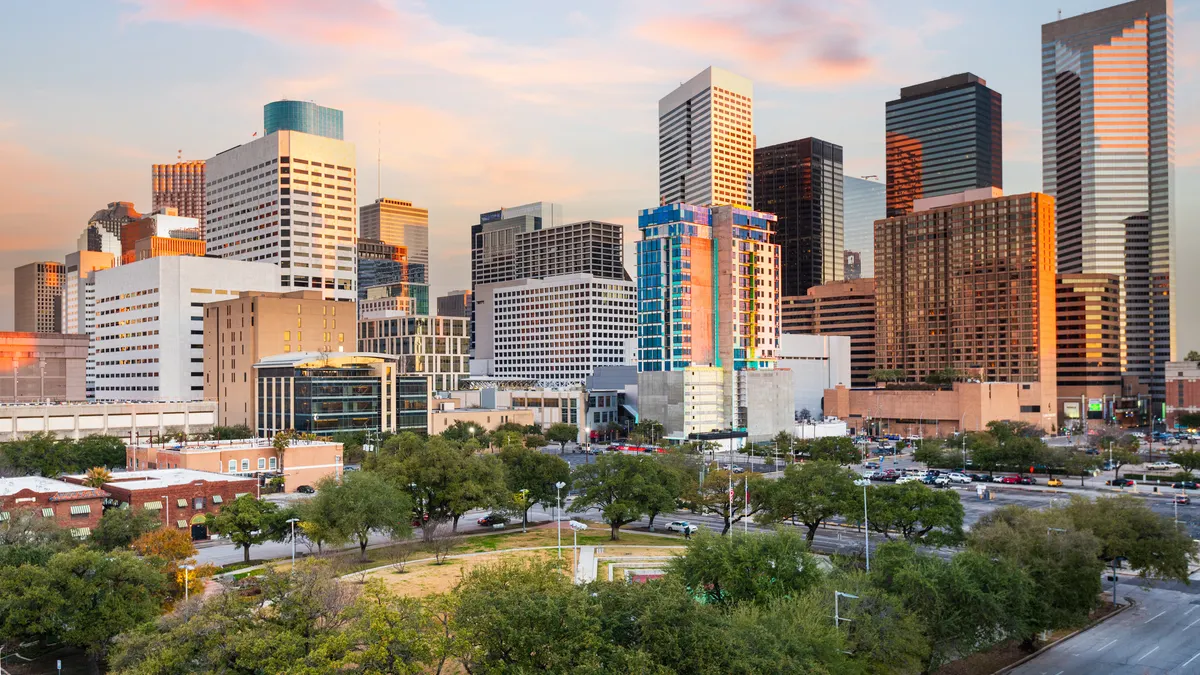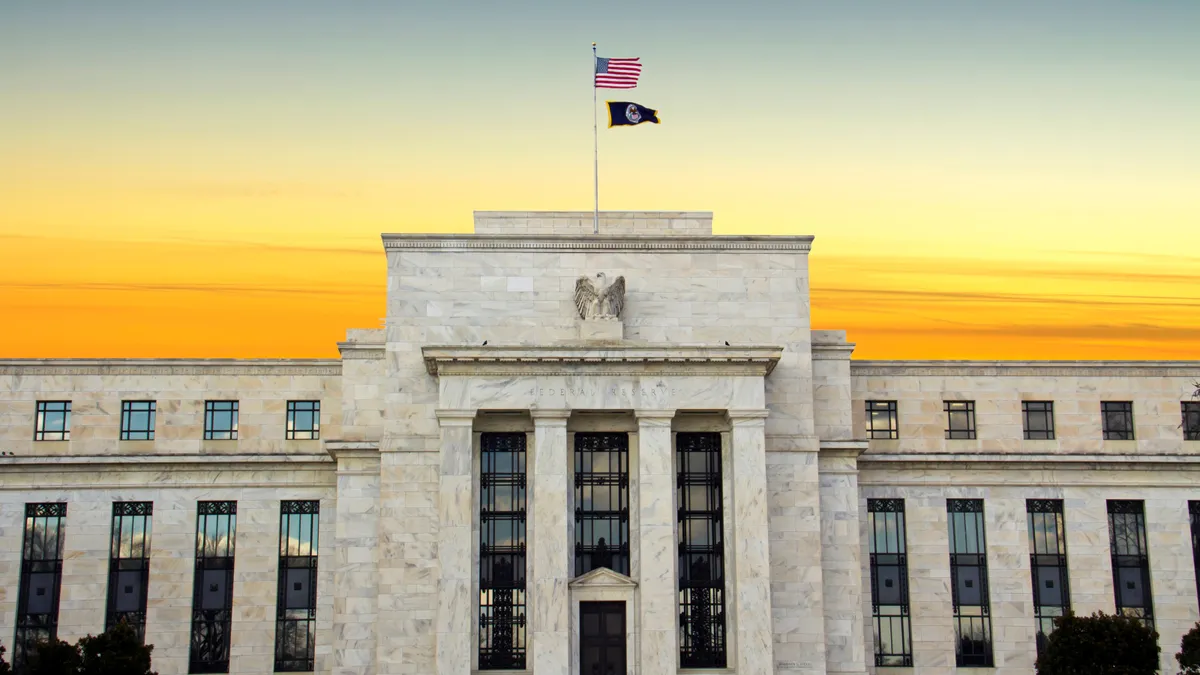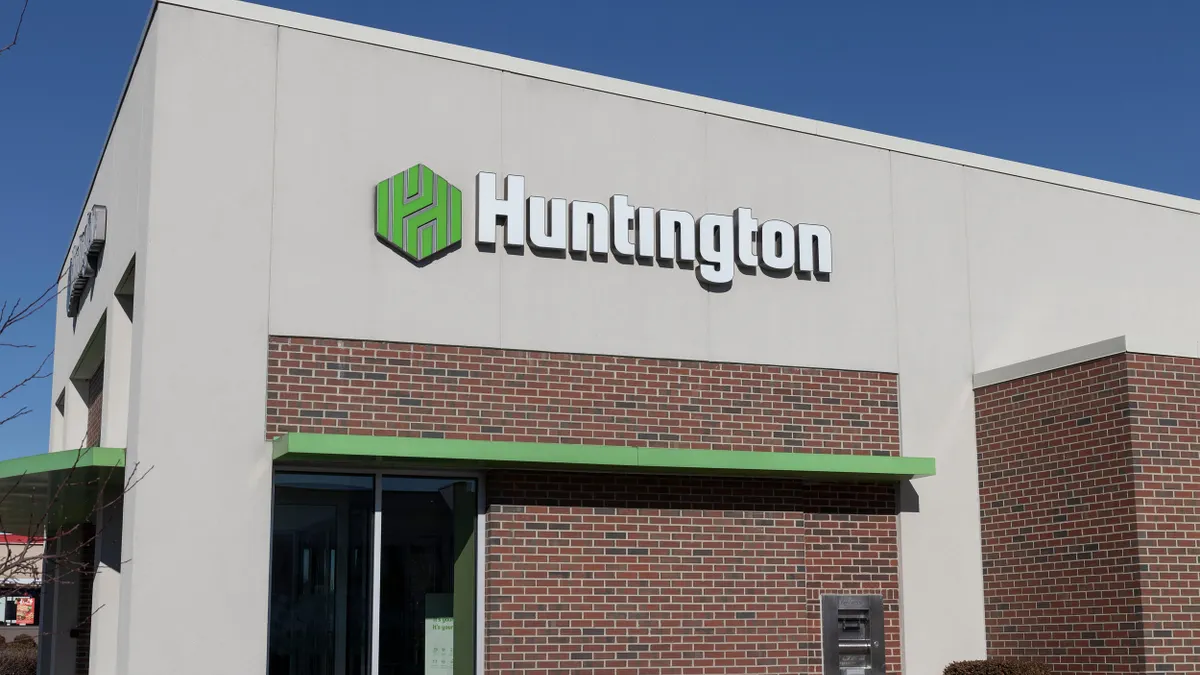To say Monday's reopening of the Paycheck Protection Program (PPP) portal was hotly anticipated may understate it. Many lenders had been processing backlogs of small-business loan applications since the program's initial $350 billion had run dry.
The 10:30 a.m. relaunch held the potential to reset and redeem a process whose first iteration was beset by technical glitches and overwhelming demand.
Small Business Administration (SBA) brass were keenly aware of the program's image problem. "The PPP is working, even if it hasn’t been glitch-free," the agency’s administrator, Jovita Carranza, wrote April 20 in a USA Today op-ed. "The SBA has been working day and night, seven days a week, to add capacity and to identify and correct technical challenges."
And yet, in a matter of minutes, Day 1 of Round 2 brought technical glitches, likely caused by overwhelming demand.
"So ETRAN lasted a whole 2 minutes before crashing ... it’s going to be a long 48 hours," tweeted Alec Downing, an assistant vice president at First Farmers Bank & Trust in Indiana, referencing both the beleaguered loan application portal and the time frame the PPP’s latest $320 billion infusion is expected to last.
Carranza, in a tweet late Monday afternoon, acknowledged "unprecedented demand," saying there were "double the number of users accessing [E-Tran] compared to any previous day during the first round of #PaycheckProtectionProgram funding."
But her agency ultimately drew attention to what the system accomplished rather than what it didn't. The SBA said that, by 3:30 p.m., it had processed 100,000 loans submitted by 4,000 lenders. However, it didn't detail how much funding that entailed.
The day's frustrations spurred a wide range of strategies and responses from lenders. JPMorgan Chase, the nation's biggest bank, opted to stop taking new applications before the PPP relaunch, instead concentrating on paperwork already submitted.
"I wish we could help every business through this program, but funds could run out again quickly and we have preexisting applications in our queue," Jennifer Roberts, chief of the consumer unit’s business-banking division, wrote Monday in a note to clients, according to Bloomberg.
Cynthia Blankenship, vice chairman and corporate president of Grapevine, Texas-based Bank of the West, said her bank noticed the portal was open about an hour before its scheduled relaunch and so, employees began uploading applications, pushing through 15 before the system crashed.
"I don’t know if I need to ask my guys to work midnight to 4 a.m. Everyone is already exhausted," she told The Washington Post. "Our guys have been working 16 hours a day."
Blankenship wasn't the only banker thinking her employees might need to burn the midnight oil.
"It sounds crazy, pulling all-nighters, but we're going to fight for these small businesses," said Curt Queyrouze, chief executive at Ogden, Utah-based TAB Bank. "I don't know when the money is going to run out, and we're going to give it our all."
That stance may also reflect the bank's desire to follow through on extra effort it has devoted to the loan process. TAB Bank more than doubled the 10 employees manually submitting applications into E-Tran, it told the Post. It completed fewer than 90 loans during the PPP’s first round, but the bank had 1,200 applications ready and 800 more in process by Monday.
"I have been sitting here, watching my screen, refreshing for three hours," Queyrouze said, adding that he had been working on a single application all morning.
TAB Bank moved seven applications through the system in five hours, Queyrouze said in a tweet.
"We wanted to update all of our customers this evening on the status of their applications, but right now, there's not a lot of good news to give them," he told The New York Times.
Robert Fisher, chief executive at Tioga State Bank in New York, said his bank had processed seven out of the 90 or so applications it had prepared.
"They always knew they were going to have a high volume of claims," Fisher told the Financial Times. "They should have been prepared for this."
Brad Bolton, president of Red Bay, Alabama-based Community Spirit Bank, characterized his E-Tran experience as "Hope and Despair in two pictures," in a Monday tweet. "Your failure to be ready is unacceptable!" he wrote, tagging the SBA and Treasury Department. "Fix the system or take everyone off of it to ensure #equitableaccess for all!"
Government officials took a couple of steps with an eye toward fairness in the process. The SBA warned lenders Sunday that it would impose "pacing" limits and accept only 350 applications per hour from each lender. However, it still encouraged lenders to submit applications in batches of 5,000, a prospect that rankled Paul Merski, executive vice president of the Independent Community Bankers of America.
"Community lenders aren't going to be even submitting 5,000 loans at a time," he told the Post. "It's not first-come, first-served. It's an exercise of randomness for who gets a loan or not."
Treasury Secretary Steven Mnuchin told CNBC on Tuesday that his department would audit any company taking out $2 million or more in PPP loans. The move comes in response to news that several public companies and organizations, such as Shake Shack, Ruth’s Chris Steak House and even the Los Angeles Lakers, applied for and received such loans. Many have said they would return them.
Hiccups with loan processing leave open to interpretation how long the PPP funding will last. "If there is a silver lining, if no one can get into the system you can't run out of money," Patrick Ryan, president and CEO of First Bank in New Jersey, told the Post.
Richard Hunt, the chief executive of the Consumer Bankers Association, painted a more dour assessment. "We think every dollar is accounted for already," he told CNBC.
"We know that each hour that goes by means there's more money used up that won’t be available to be allocated for loans in our community," Jill Castilla, CEO of Citizens Bank of Edmond in Oklahoma, told The New York Times.
"This is one of the most inefficient days I’ve ever been a part of," Craig Street, the chief lending officer at United Midwest Savings Bank in Columbus, Ohio, told the Times.



